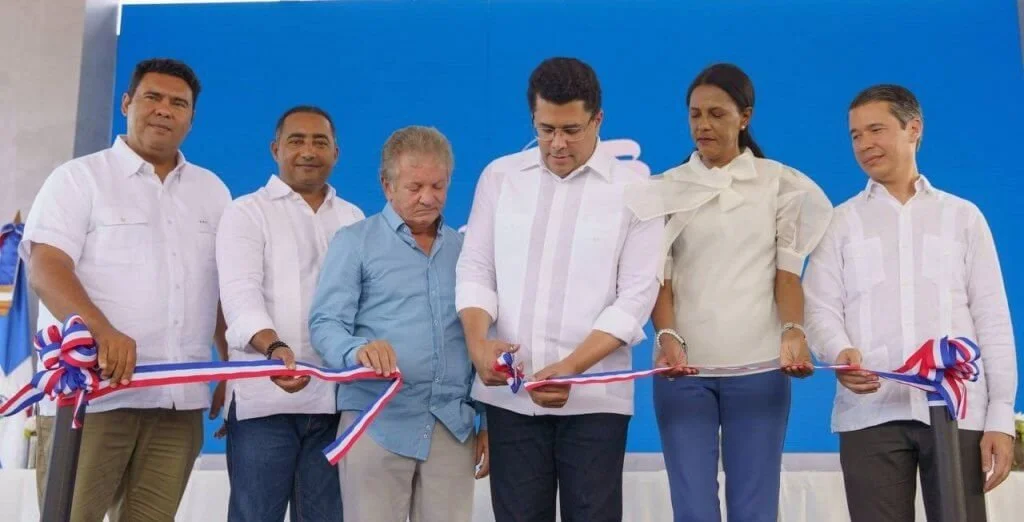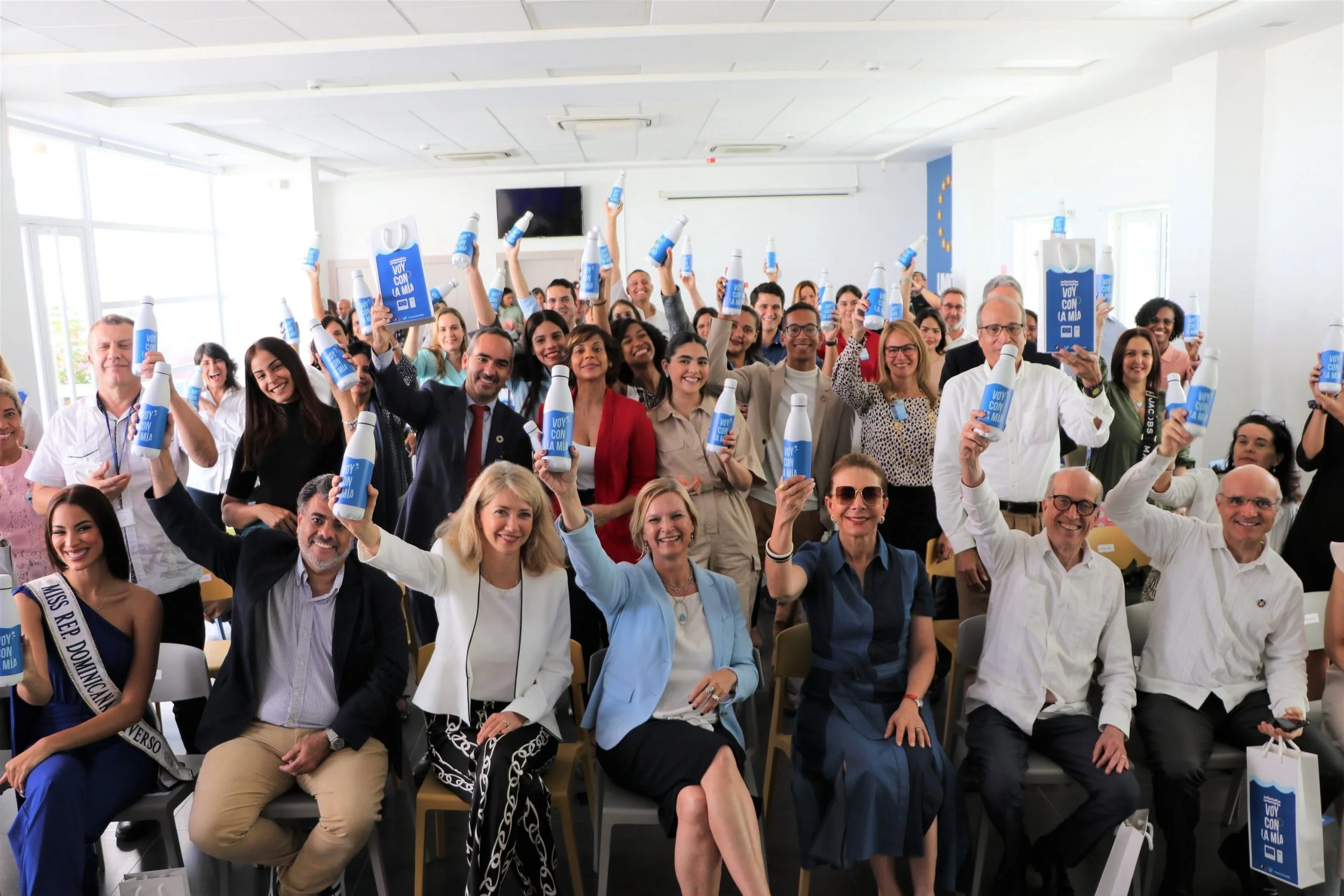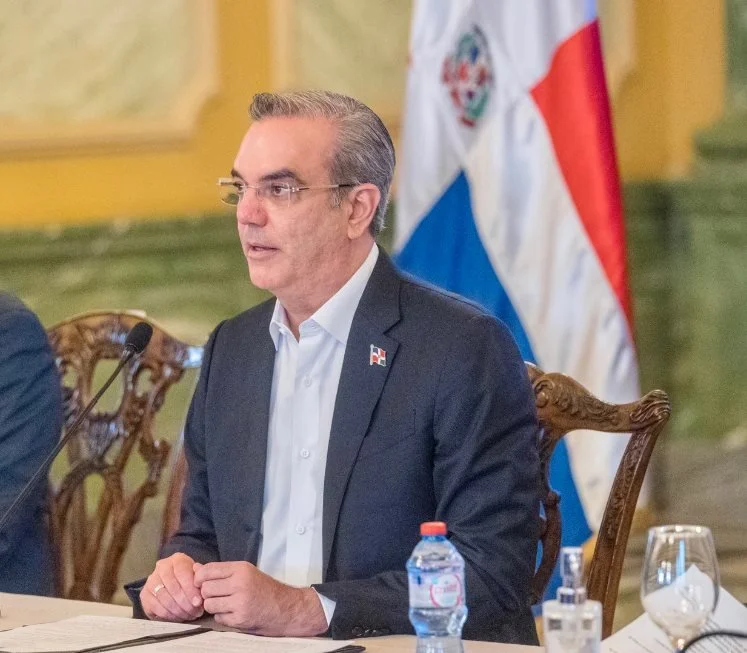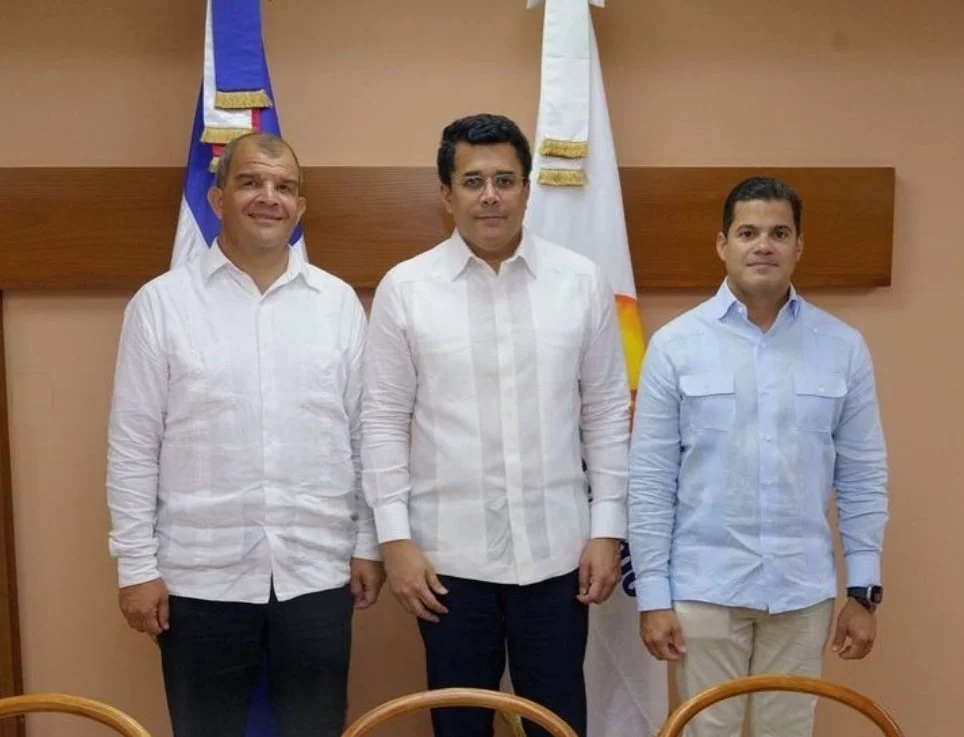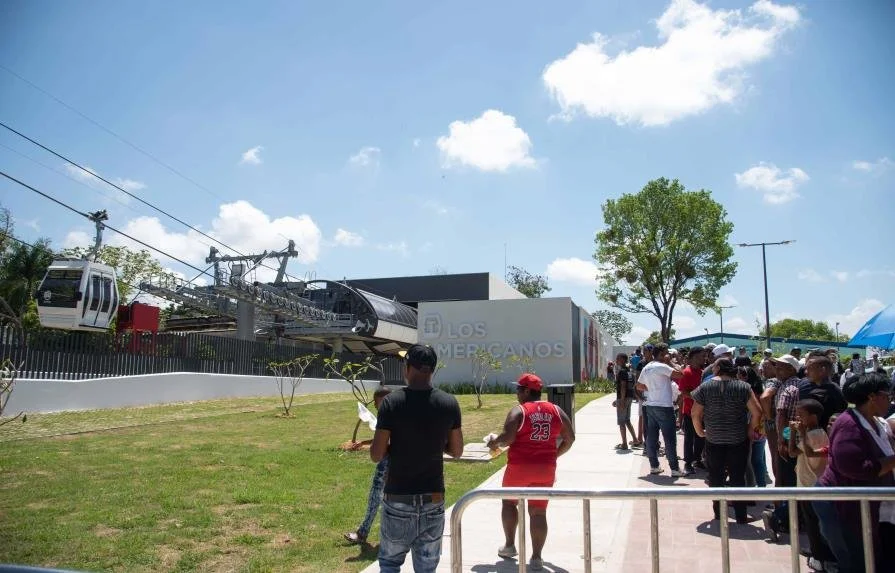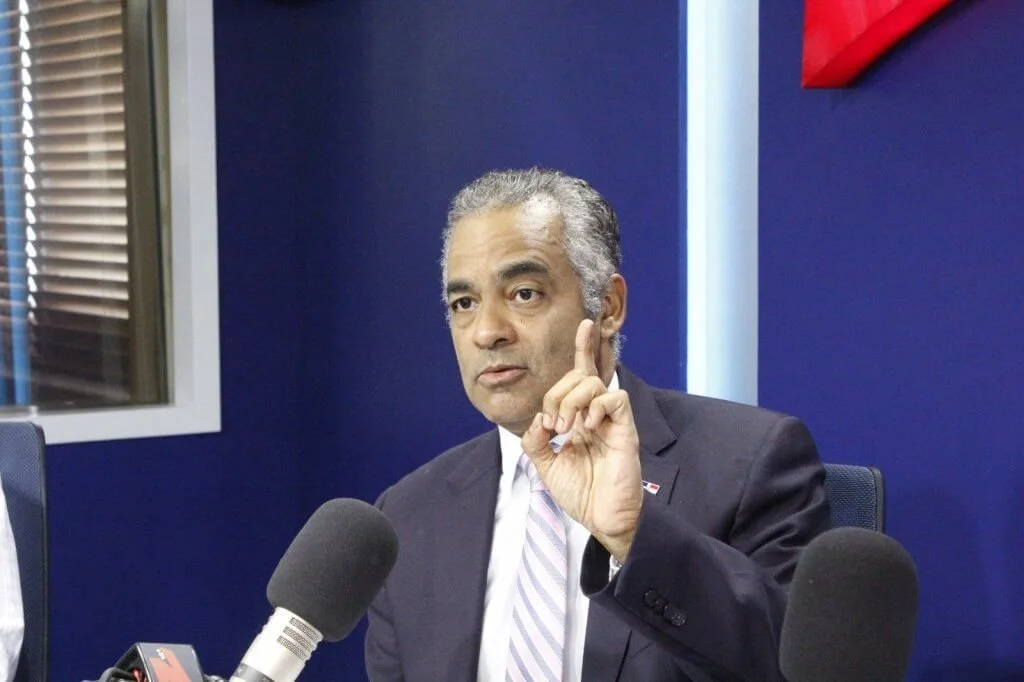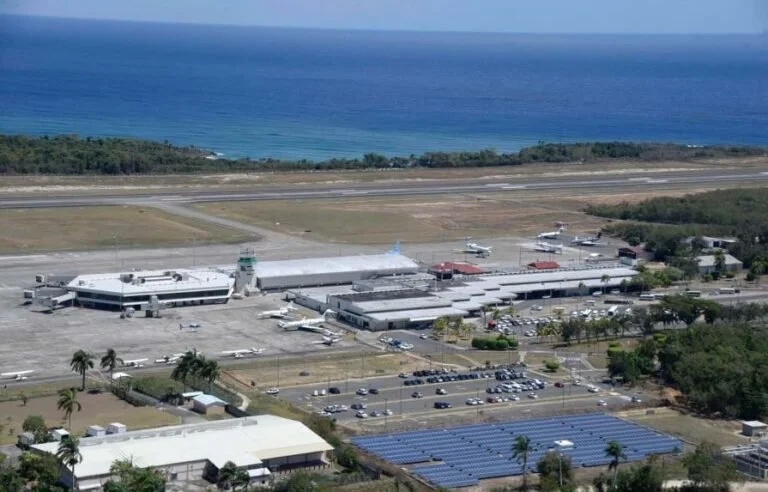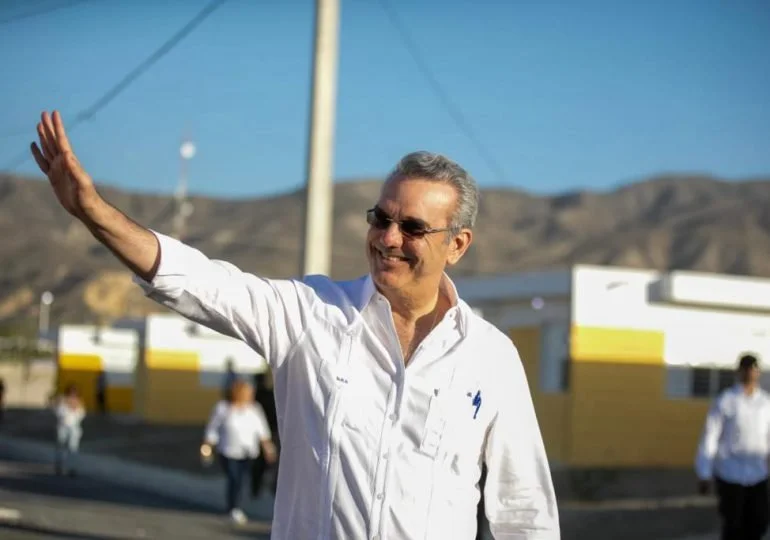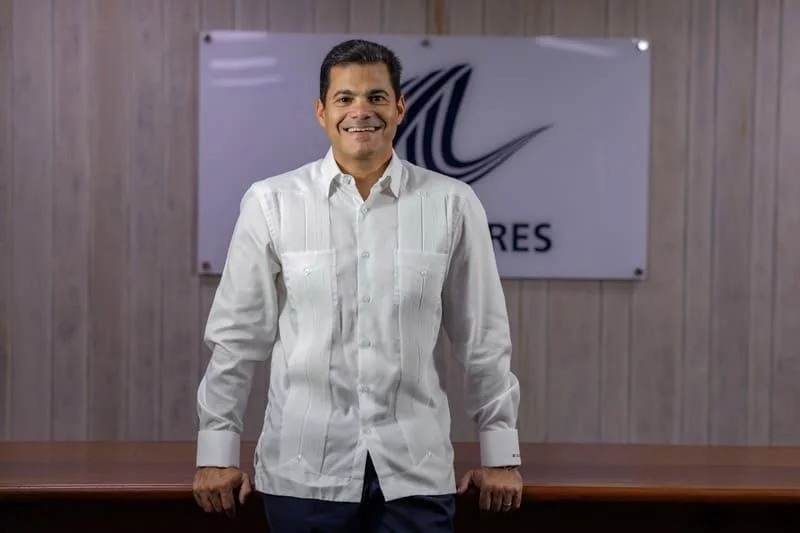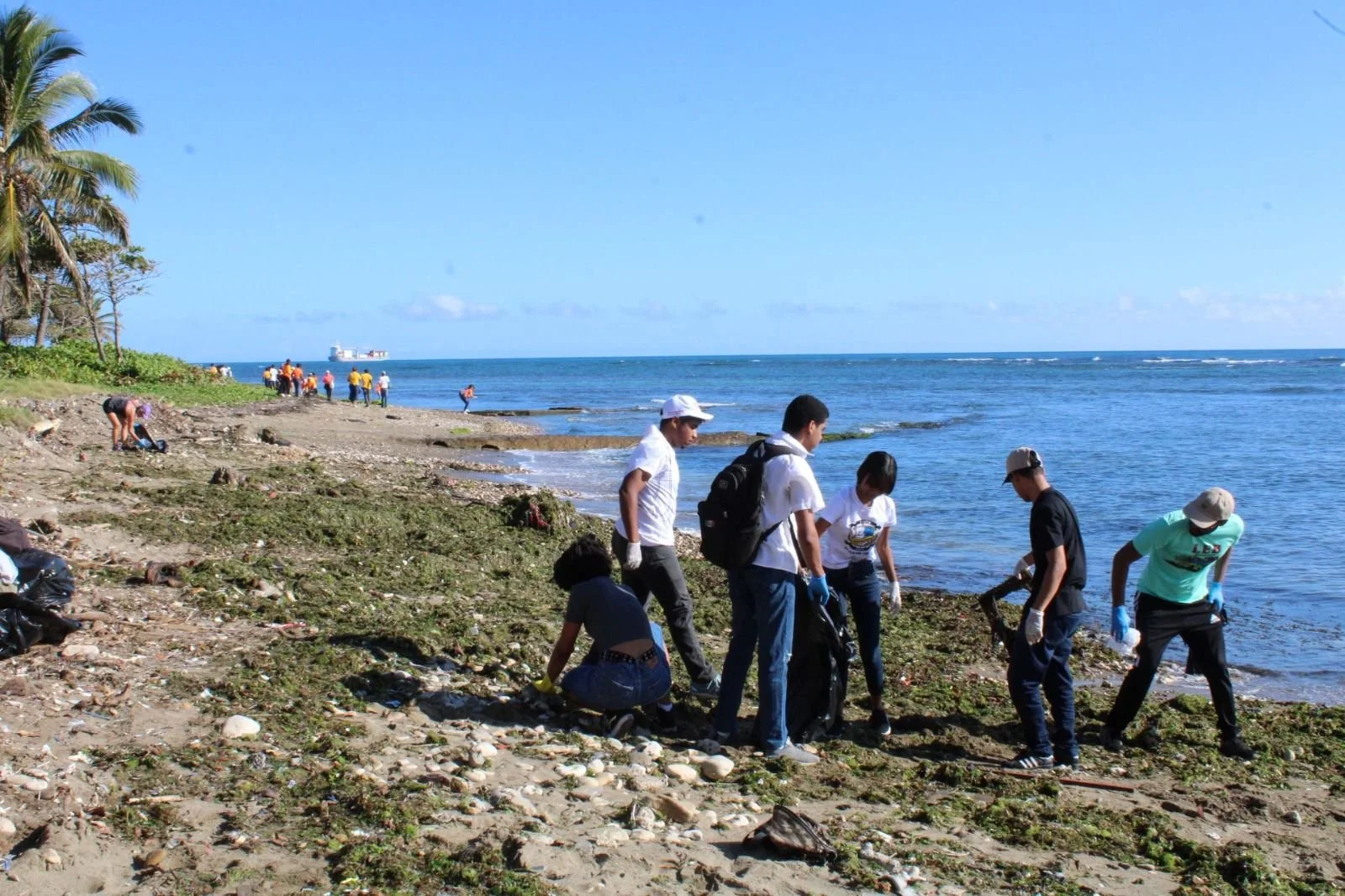We are experiencing a paradigm shift in which companies no longer choose people. Still, people who decide on companies and the Dominican Republic’s tourism industry are not exempt from this.
We find ourselves in a new context in the talent-company relationship, marked by global phenomena such as the great resignation, which has raised company turnover rates, or the silent resignation, which has reformulated the meaning of commitment within organizations. According to some studies, the cost of replacing a person is up to one year’s salary in the case of middle management.
In addition to the above, the pandemic’s boost to digitalization has brought concepts such as flexibility to the center of the debate. For their part, mental health, work-life balance, ethics, and sustainability are among the priorities of changed professionals. As a result, they increasingly behave at work in the same way they do as consumers, customers, or citizens.
READ: Get to know the new 200 peso bill that will circulate next week
In this regard, Iban Campo, CEO of LLYC Santo Domingo, mentioned: “today the transformation of organizations is more than ever an eminently human transformation. And this has placed the challenges of talent at the center of business decisions. These are challenges that are challenging even traditional business models, because the problems of attracting and connecting with people are compromising the sustainability of companies in the medium term”.
In this sense, given the significant acceleration of the Dominican tourism industry compared to pre-pandemic and pandemic years, today, more than ever, companies in the sector need to understand how to attract and attract the profiles they need, how to improve the commitment of the team to meet the challenges of the organization, how to curb the turnover that continues to grow and that is directly affecting the economic balances, among other questions.
Many of these questions have gone beyond the boundaries of HR departments, which are forced to reformulate and adapt how they face these challenges. For example, according to LLYC’s Deep Learning area, during the 2019-2022 period, mentions of challenges such as “talent retention” and “talent training” grew in the conversation in Ibero-America by 35% 71%, respectively.
Therefore, these are times of innovation, reformulating what we do and incorporating new capabilities into HR teams, similar to those of marketing, to address future challenges.
First, transforming the corporate-centric vision into a people-centric vision allows us better to understand our talent and their needs and concerns; second, connecting this deep understanding with our particularities as an organization to create a differentiating story. Third, creating our own brand as a place to work with the same solidity that we have been building our product brand for years: and third, redefining from here a new relationship with our potential candidates and professionals.


